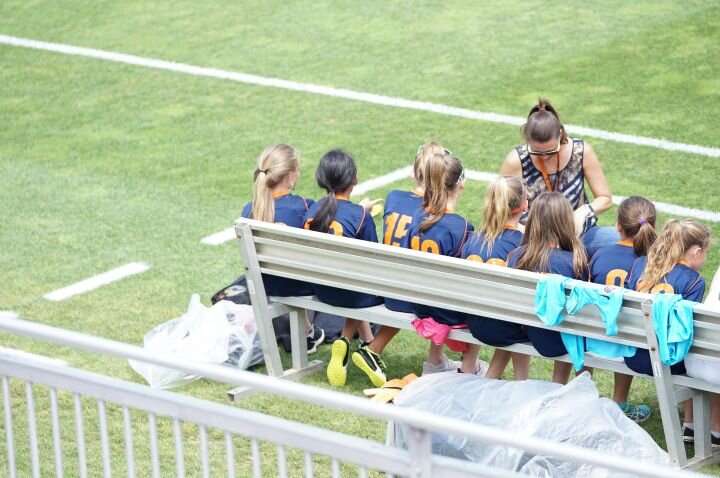Research reveals why women don't coach

La Trobe University research has revealed the barriers for women entering and progressing in elite and grass roots sports coaching roles. Drawing from existing research, media and government reports, the findings have been published in Frontiers in Sports and Active Living.
Lead researcher Dr. Alex Roberts from La Trobe University said that while female high-performance sports is gaining in popularity and exposure, there has not been a similar trend in women being appointed as coaches of sporting teams, either at grass roots or elite levels.
"Participation of women in high-performance sports has been steadily increasing in Australia and internationally, due, in part, to multiple factors that contribute to the overall professionalization of women in sports," Dr. Roberts said.
"This includes increased investment, increased broadcasting and subsequent revenue, and increased awareness of and demand for women in sports from the public."
"Progress is also potentially due in part to deliberate government policies and investments focused on improving women's participation such as the Victorian Government's Change Our Game grant scheme," Dr. Roberts said.
Key findings:
- The proportion of Australian women athletes at the 2016 Rio Olympic Games was 50.6%, but the number of non-athlete women that were provided accreditations for the games (i.e. officials or coaches) was 9%
- Australia's numbers have yet to be released for the Tokyo 2020 games but are likely to be similar given that the International Olympic Committee has reported that just 13% of coaches at the delayed Games were women, despite women making up 49% of competitors
- When professional Australian team sports are examined, there is a dearth of women in coaching roles, for either women's or men's teams. As of the 2021–22 season, in the 14-team Australian Football League Women's competition (AFLW), there are currently no women in senior coaching roles, and in the six-year history of the competition, there have been only three women who held these roles (in comparison to 23 men)
- In the 2021–22 season, the Women's National Basketball League have two women head coaches out of eight teams (25%), while the A-League Women's football (soccer) competition currently has three women head coaches across nine teams (33%).
- There are no women coaches in any Australian professional men's teams, nor in the Australian National teams of soccer, cricket, or rugby union. This is in line with international trends, where there are very few women coaching male athletes.
According to Dr. Roberts, even when women coaches are successful at the highest level of their sport, "they can be met with derogatory and detrimental backlash, including sexist and homophobic behavior and struggle to gain or maintain employment at the highest levels of coaching," she said.
The report states that there is significant evidence that women want, need and benefit significantly from having women role models in all areas of development, including sports. Conversely, a lack of women in leadership can lead to many unfavorable outcomes for women and girls who participate in sports, including (but not limited to) a devaluation of their abilities.
More information: Alexandra H. Roberts et al, She'll Be 'Right… but Are They? An Australian Perspective on Women in High Performance Sport Coaching, Frontiers in Sports and Active Living (2022). DOI: 10.3389/fspor.2022.848735
Provided by Latrobe University


















